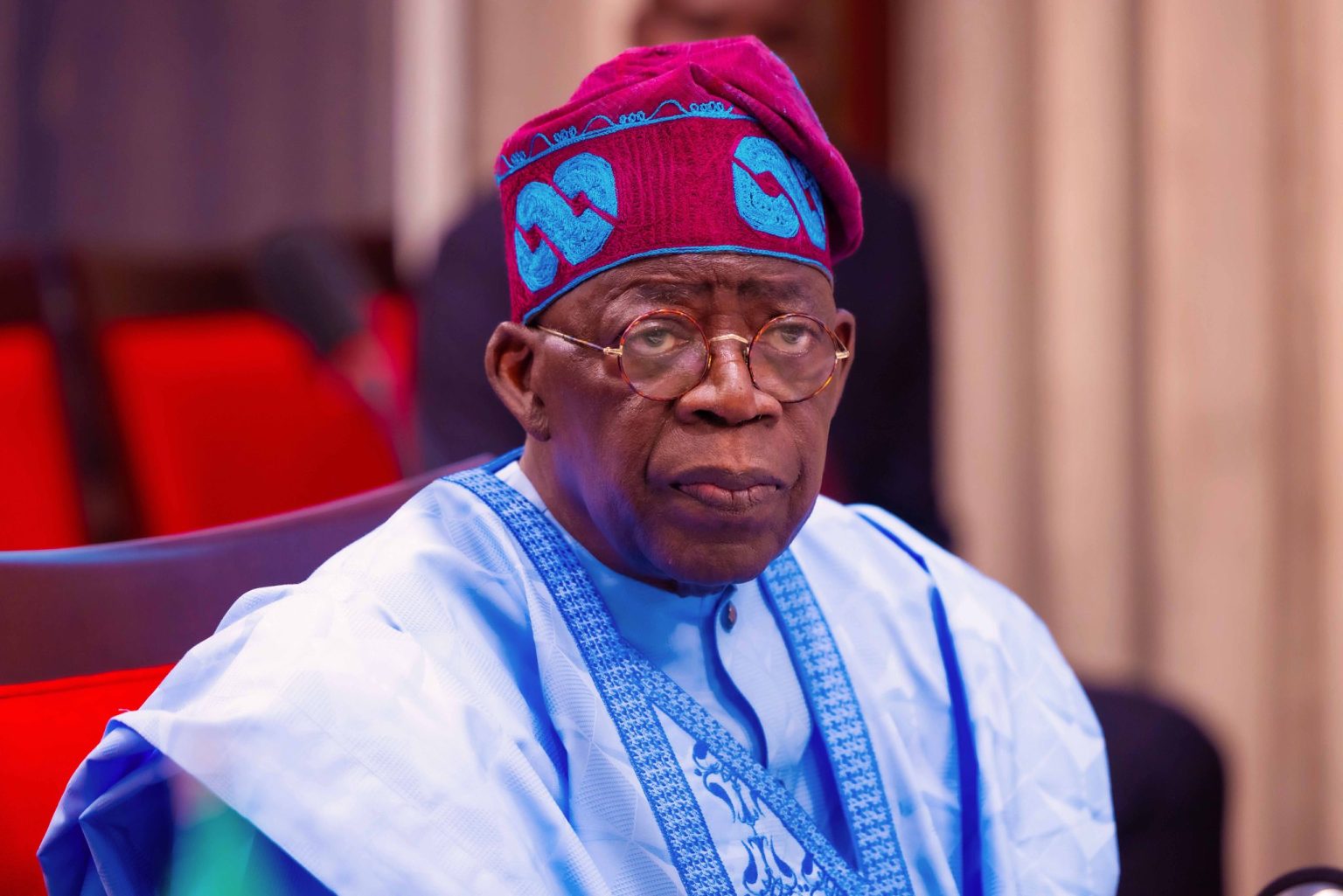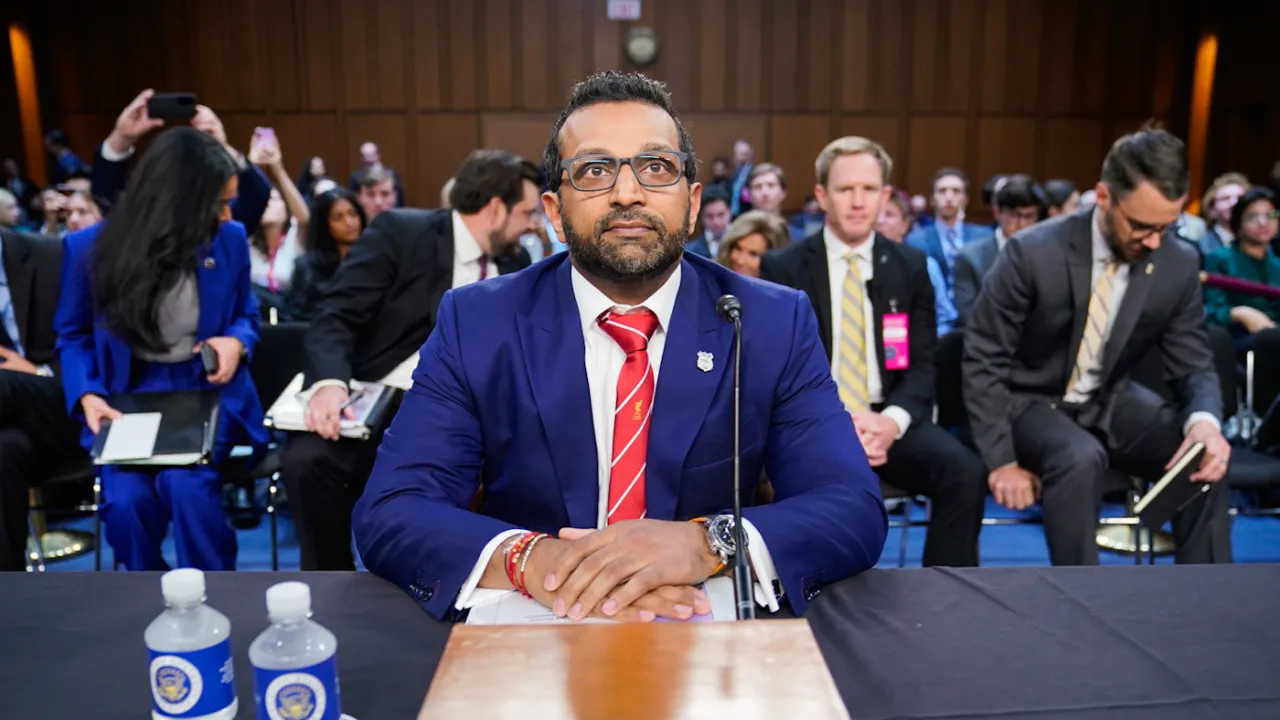Nigeria’s Security Forces Capture Abu Baraa, Leader of Al-Qaeda-Linked Ansaru Terrorist Group
In a significant breakthrough in Nigeria’s ongoing war against terrorism, security agencies have successfully captured Abu Baraa, the notorious leader of the Ansaru terrorist group, a faction known for its affiliation with Al-Qaeda. The arrest marks a critical victory for the nation’s counterterrorism efforts, especially in light of the group’s history of orchestrating deadly attacks across Nigeria.
The development was officially confirmed on Saturday, August 17, during a press conference held at the National Counter-Terrorism Centre in Abuja. National Security Adviser (NSA), Nuhu Ribadu, addressed the media, detailing the intelligence-led operation that resulted in the apprehension of the terrorist leader.
According to Ribadu, Abu Baraa had been under surveillance by Nigerian intelligence units since May 2025. After weeks of coordinated efforts, security operatives apprehended him in July, following a strategic counterterrorism operation executed with precision and secrecy.
“I’m pleased to announce the successful conclusion of a high-risk, intelligence-driven counter-terrorism operation which led to the capture of the top leadership of Jama’atu Ansarul Muslimina fi Biladis Sudan—also known as ANSARU, the Nigerian affiliate of Al-Qaeda,” said Ribadu.
Who is Abu Baraa and What is Ansaru?
Abu Baraa is believed to have played a central role in orchestrating several high-profile terrorist attacks in Nigeria, targeting security forces, civilian populations, and critical government infrastructure. His capture is regarded as a critical step toward dismantling one of the most dangerous jihadist networks operating within the country.
The Ansaru group, officially known as Jama’atu Ansarul Muslimina fi Biladis Sudan, was established in January 2012, with its first public appearance occurring in Kano State. The group emerged as a splinter faction from Boko Haram, initially claiming to be a more “humane” alternative to its parent organization. However, it quickly deviated from this narrative by engaging in violent attacks, kidnappings, and armed assaults.
Ribadu emphasized that despite its earlier positioning, Ansaru has always aligned itself ideologically and operationally with global jihadist movements. The group’s association with Al-Qaeda in the Islamic Maghreb (AQIM) was publicly confirmed through the adoption of AQIM’s insignia and tactics.
“The group displayed the setting sun logo of Al-Qaeda in the Islamic Maghreb, signaling its alignment with international jihadist ideologies,” Ribadu explained.
National Security Implications and Future Outlook
The arrest of Abu Baraa represents more than just a tactical victory; it also sends a strong message about the growing capabilities of Nigerian intelligence and counter-terrorism forces. With rising concerns about terrorism, insurgency, and international jihadist influence in West Africa, this operation is seen as a morale boost for Nigeria’s national security architecture.
Experts believe the successful capture of a top-tier terrorist figure could potentially lead to further intelligence breakthroughs, including the dismantling of Ansaru’s command structure, uncovering recruitment networks, and preventing future attacks.


